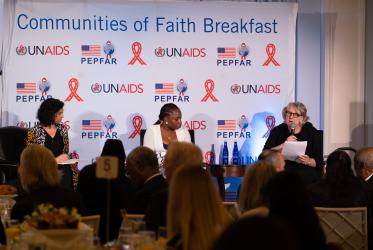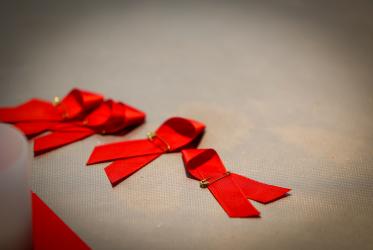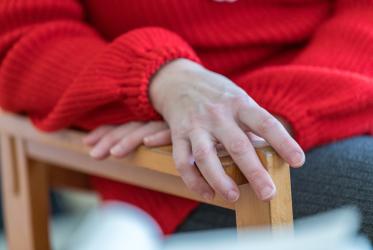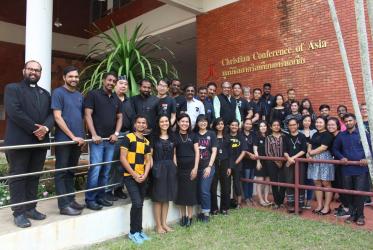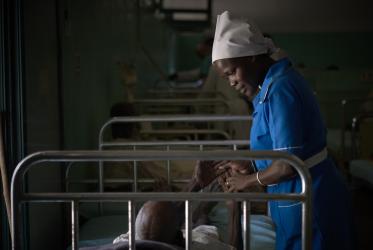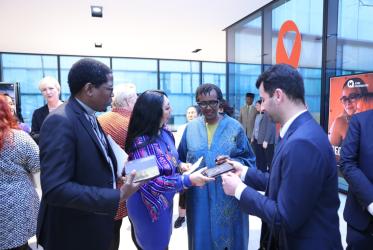Displaying 41 - 60 of 740
WCC hosts 11th Ecumenical Global Health Partners Meeting
27 April 2023
Redes de la sociedad civil en VIH y SIDA y actores religiosos
Lecciones aprendidas del involucramiento estratégico en la India, República Dominicana, Indonesia y Jamaica
07 February 2023
